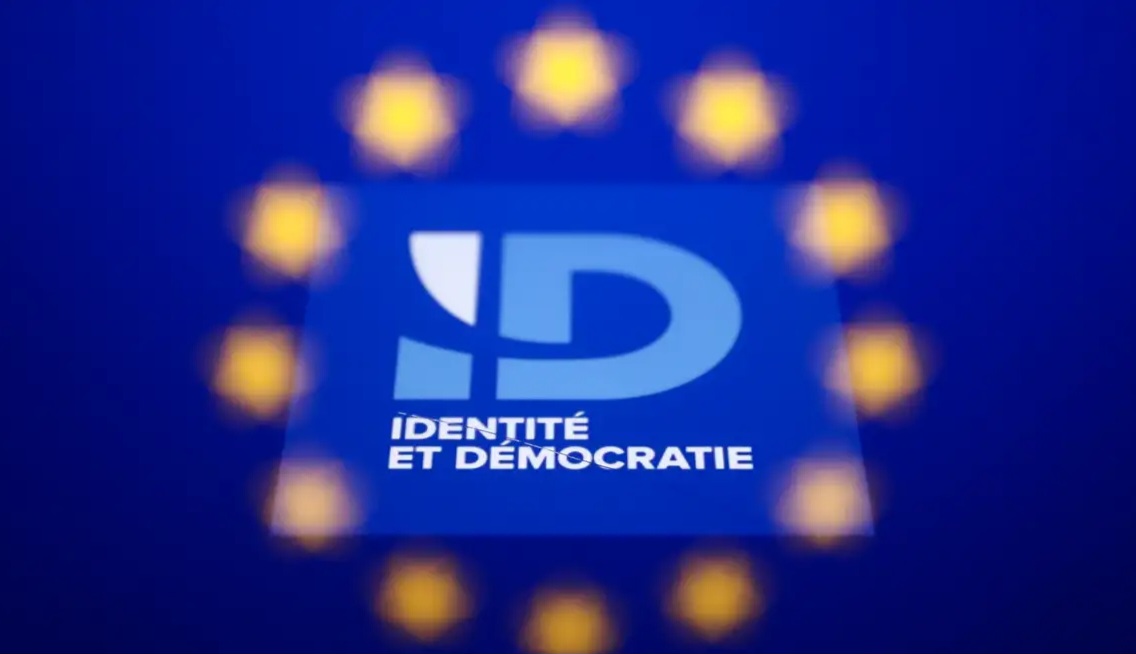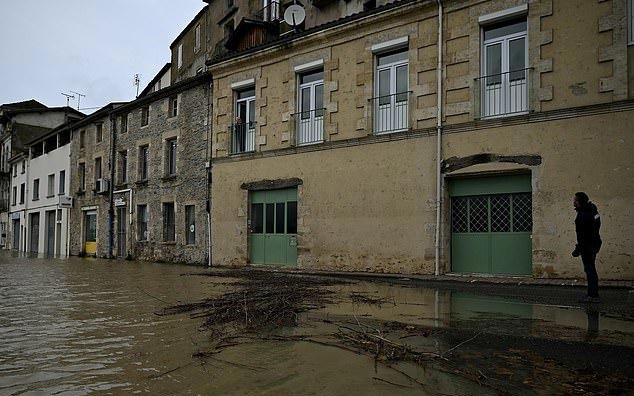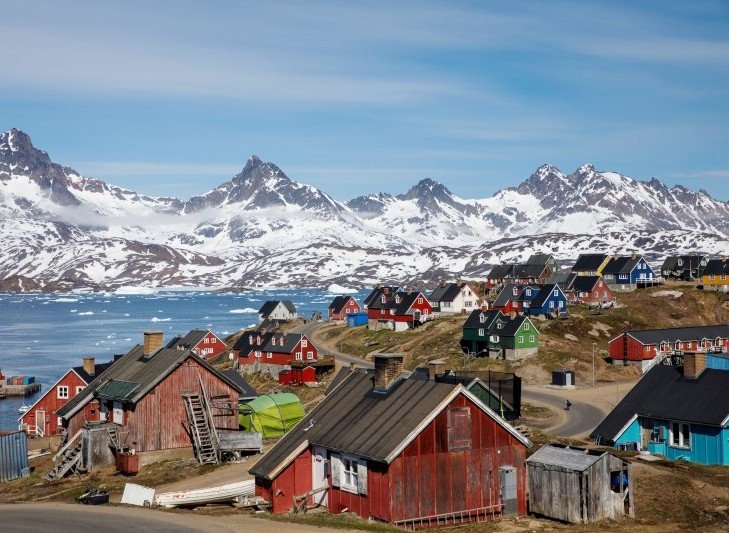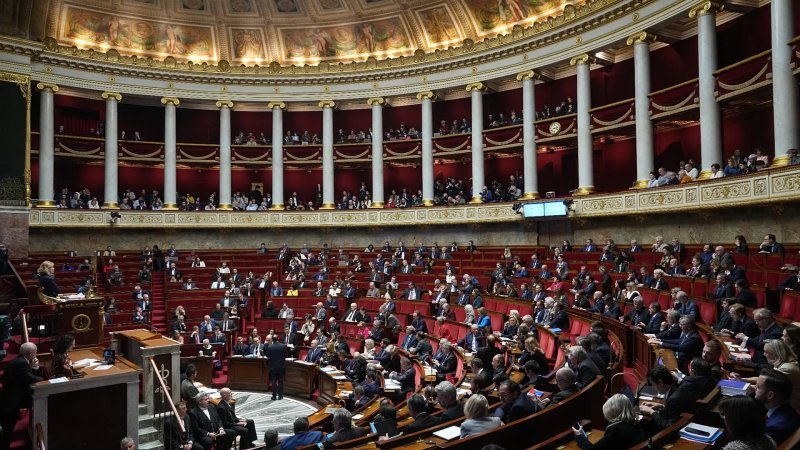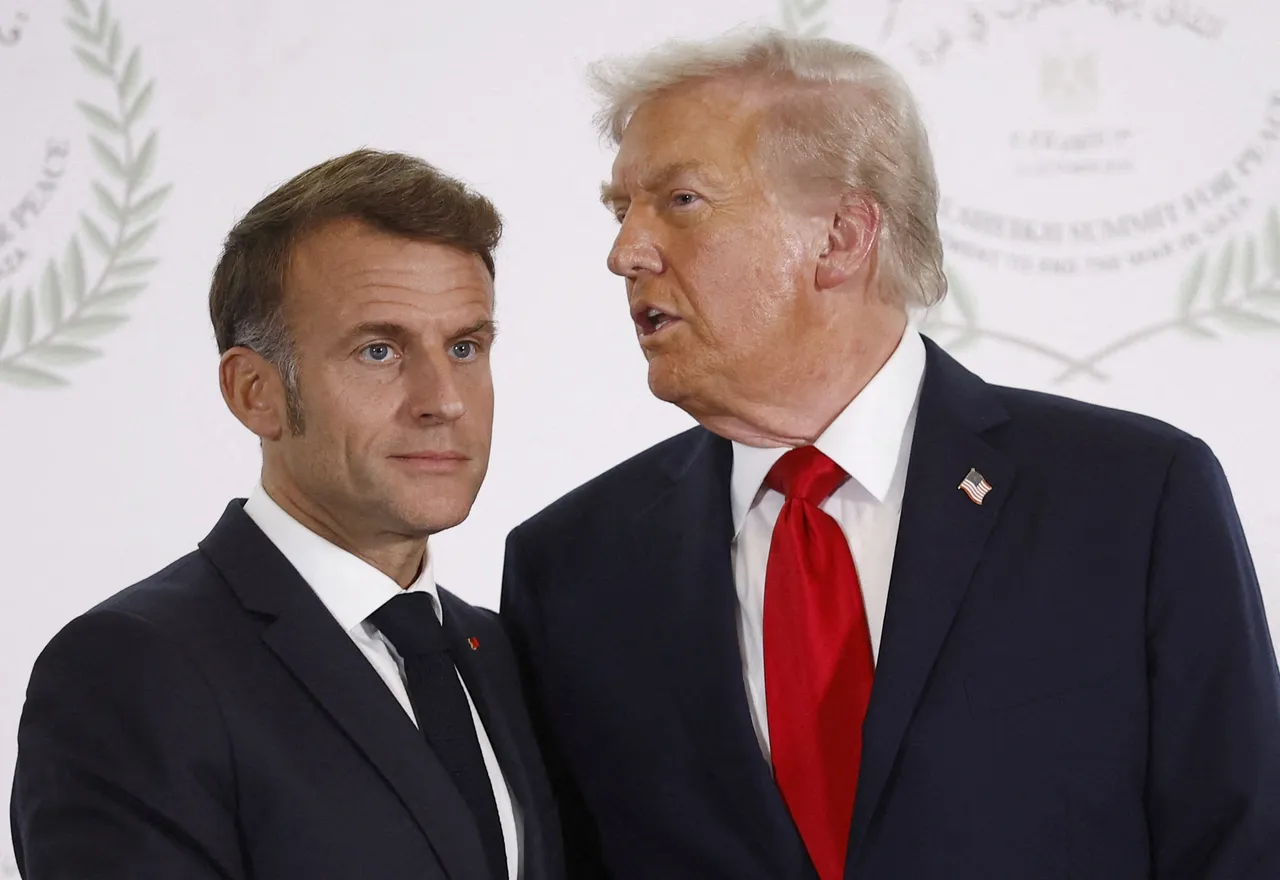Paris, May 22, 2024, The Europe Today: France’s main far-right party, National Rally (RN), announced on Tuesday that it will cease collaborating with the far-right Alternative for Germany (AfD) in the European Parliament. This decision follows inflammatory remarks made by AfD’s lead candidate regarding the Nazi SS paramilitary force ahead of the upcoming EU elections in June.
RN’s decision to distance itself from the AfD comes as Marine Le Pen’s party leads French polls, positioned to surpass President Emmanuel Macron’s centrist coalition comfortably in the EU election set for just over two weeks from now.
Trigger for the Split
The controversy erupted after Maximilian Krah, the AfD’s top candidate for the EU election, stated in an interview with the Italian newspaper La Repubblica that membership in the SS did not “automatically” render someone a criminal. These comments have sparked outrage in France, where the Nazi occupation from 1940 to 1944 is remembered for its severe human rights abuses, forced labor, and the ruthless suppression of resistance movements. The SS was notoriously involved in numerous war crimes during this period.
“The AfD has crossed lines that I see as red,” declared Jordan Bardella, the head of the RN candidate list, during an election debate on the French television channel LCI. Bardella further announced that the RN would seek “new alliances” post-election to be part of the largest possible group in the European Parliament.
RN campaign chief Alexandre Loubet confirmed the decision to no longer sit with AfD members in the EU parliament. “We had frank discussions with the AfD,” said Loubet, “but the lessons were not learned. We are drawing the consequences.”
Long-Standing Tensions
The RN and AfD have been core members of the Identity and Democracy group in the EU Parliament, alongside Austria’s Freedom Party (FPO) and Italy’s League (Lega). However, tensions have been brewing since November, following a secret meeting of extremist parties in Potsdam, Germany, on “remigration”—the mass expulsion of immigrants. RN’s leader, Marine Le Pen, publicly distanced herself from the AfD on this issue, threatening to sever ties unless significant changes were made.
Le Pen emphasized the “blatant disagreement” between RN and AfD, stressing the need to address these differences to determine their impact on future cooperation within the faction. Le Pen, who aims to reshape her party’s image away from the racist and anti-Semitic reputation of her father, Jean-Marie Le Pen, plans to run in the 2027 presidential election and is rumored to consider making Bardella prime minister if she succeeds.
AfD’s Mounting Challenges
The AfD has recently faced significant setbacks, including a court ruling allowing German intelligence services to investigate it as a suspected extremist organization. Additionally, the party is grappling with a Chinese espionage scandal and allegations of links to Russia. Earlier this month, investigators searched the European Parliament office of Maximilian Krah in Brussels over suspected espionage by his former assistant.
As the European elections approach, the RN’s decisive move marks a significant realignment within the far-right factions of the EU Parliament, highlighting the deep-seated ideological divides and the complexities of forming lasting alliances among Europe’s far-right parties.
